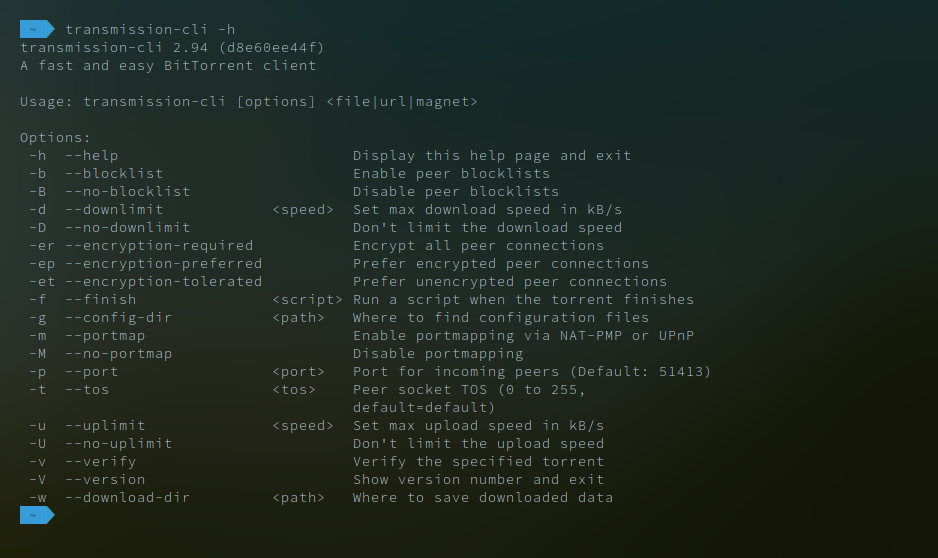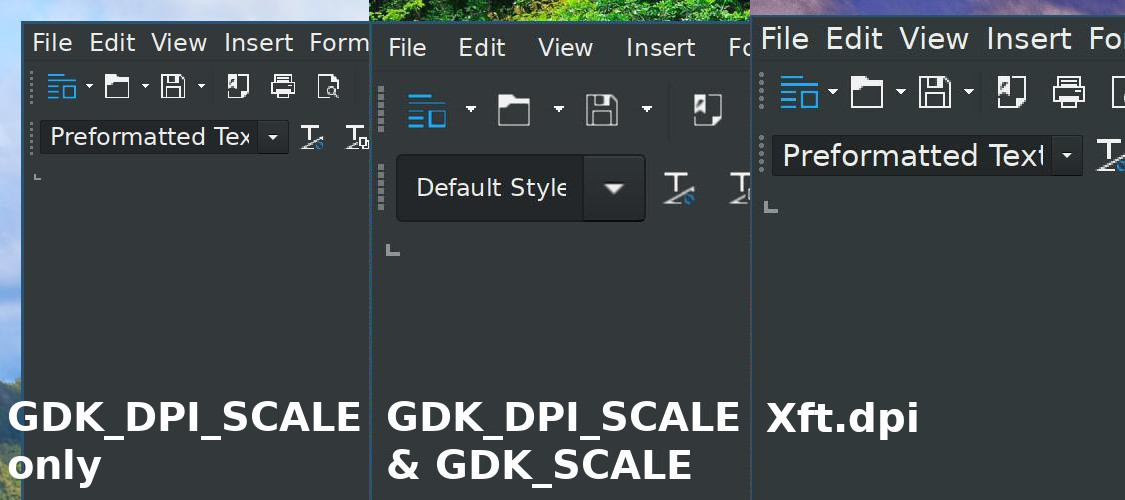I have been thinking about the big deal in security at the moment: DNS spoofing. Everybody, it seems, is all caught up in trying to figure out how to add more bits. They want to make DNS replies harder to spoof.
It seems to me that they are missing the problem. The problem is the way DNS servers handle in-bailiwick additional records. If I request an NXDOMAIN from an ISP, I can be reasonable assured that a request will be made by the ISP to Google’s nameservers (which are probably already cached). I can then spam the ISP DNS server with fake replies hoping I stumble on the right combination of port and transaction ID. My replies will include a record for my NXDOMAIN and also an additional record giving new IP address for Google’s nameservers. From then on, the ISP will turn to my provided IP rather than Google. Eventually I can provide it with fake records for www.google.com and other useful subdomains.
My question: why should the ISP overwrite the information it has already cached? Additional records should be ignored unless they are needed for the current query (as in the case of glue).
I know this doesn’t prevent DNS spoofing, but it does significantly lower the value of the attack. You may be able to plant a record for as7230hf.google.com, but you won’t be able to overwrite their nameservers.
Maybe I’m missing something. Maybe there really is a critical reason to allow a nameserver to tell you that it isn’t where it is. But I don’t think so.


Recent Comments